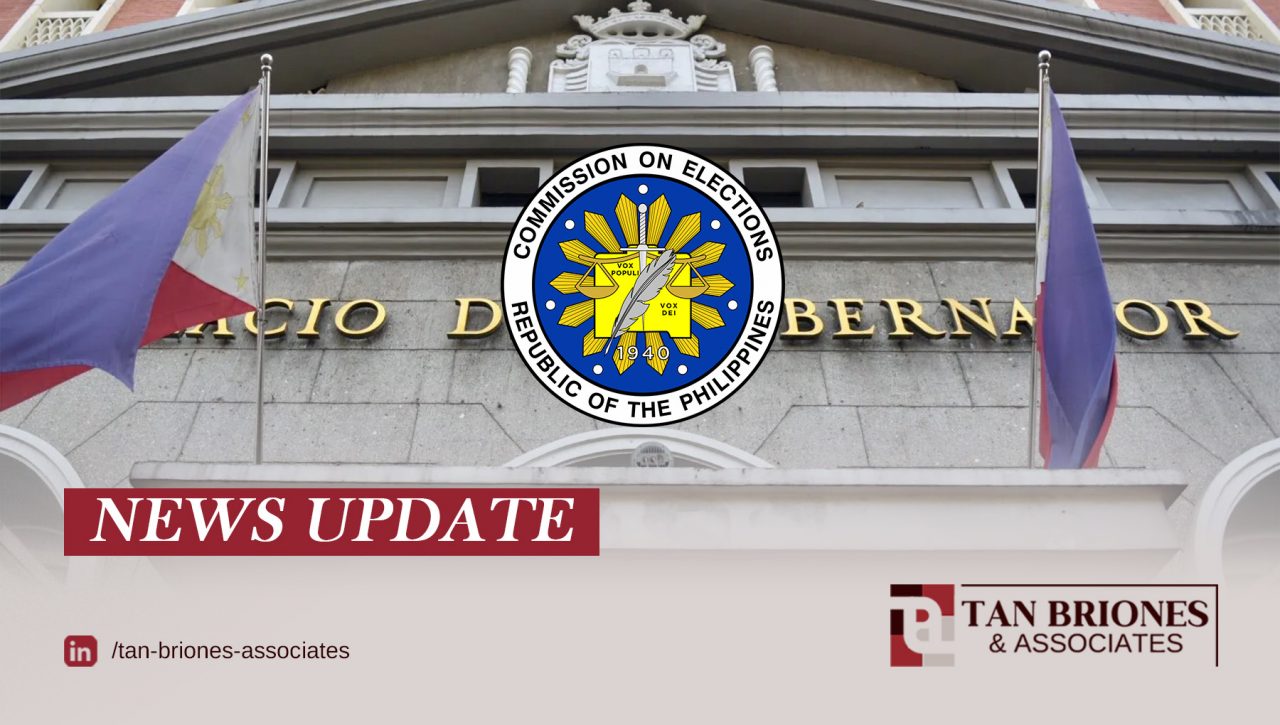
The Commission on Elections (Comelec) is once again urging Congress to amend the party-list law, warning that the system has increasingly strayed from its original purpose of giving voice to the marginalized and underrepresented sectors.
Comelec Chairperson George Garcia on May 19 reiterated the agency’s long-standing call to revise Republic Act No. 7941, the Party-list System Act, which he said no longer accurately serves its intended beneficiaries.
Signed into law in 1995, RA 7941 aimed to promote proportional representation in the House of Representatives by allowing sectoral groups, especially those from marginalized communities, to win congressional seats.
“I will always push for the amendment of the law. The party-list law needs to be amended,” Garcia said in a press briefing, emphasizing that the current law allows groups with tenuous links to the marginalized to win seats in Congress.
“Even party-list organizations will always aspire to a new law to reflect the true sentiments of marginalized and underrepresented sectors,” he added.
Garcia’s renewed push comes as the Comelec, sitting as the National Board of Canvassers, proclaimed 52 party-list groups as winners in the May elections, which will collectively occupy 59 seats in the 20th Congress.
Watchdog group Kontra Daya contested the legitimacy of many of the proclaimed winners, flagging more than half of winning groups for failing to genuinely represent the marginalized.
“The rich and powerful’s hijacking of the party-list system should stop,” said Kontra Daya convenor Danilo Arao.
Based on their February 2025 study, 38 out of the 63 or over 60 percent incoming party-list representatives have ties to political dynasties, big businesses, or the military and police, raising questions about the authenticity of their representation.
“Let us exert public pressure on the 20th Congress to push for the passage of the anti-dynasty law and the amendment to the party-list law,” he furthered.
In an earlier report released in February, Kontra Daya had already raised the alarm, citing that 86 out of 156 or more than half of the party-list groups accredited to run in the elections had questionable backgrounds or insufficient transparency.
Despite Comelec’s acknowledgment of these concerns, Garcia pointed out that the Supreme Court’s decision in Atong Paglaum vs. Comelec currently limits the poll body’s capacity to disqualify groups based solely on their lack of marginalized background.
“We can’t do anything because the SC said so—mere advocacy is enough,” he explained, noting that an overhaul or change is needed for the party-list law.
The Comelec also revealed plans to tighten regulations moving forward, including banning party-list groups with names resembling popular aid-related programs or soap operas.
Follow Tan Briones & Associates on LinkedIn for more legal updates and law-related articles.







